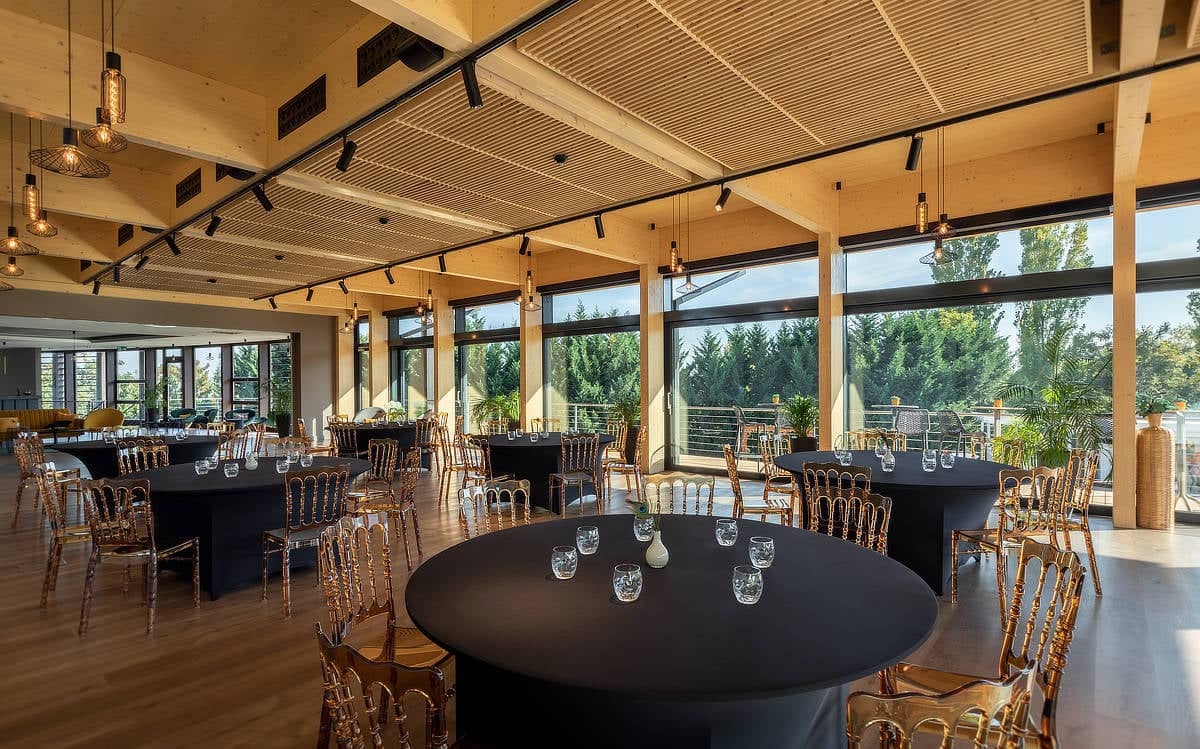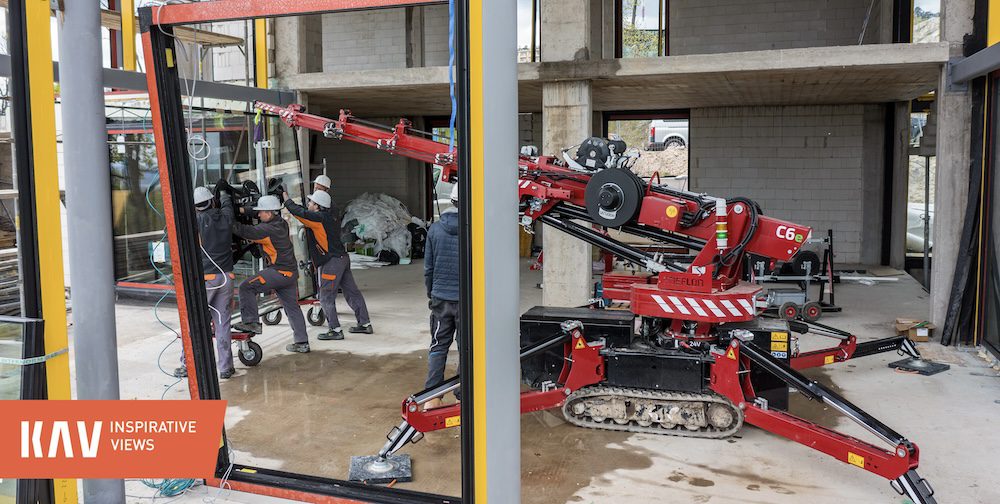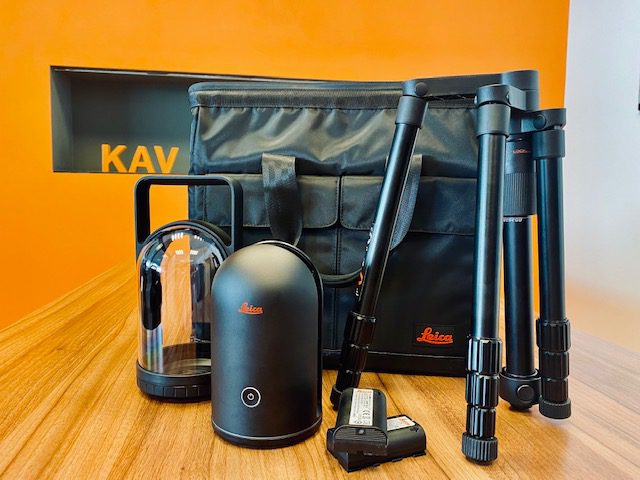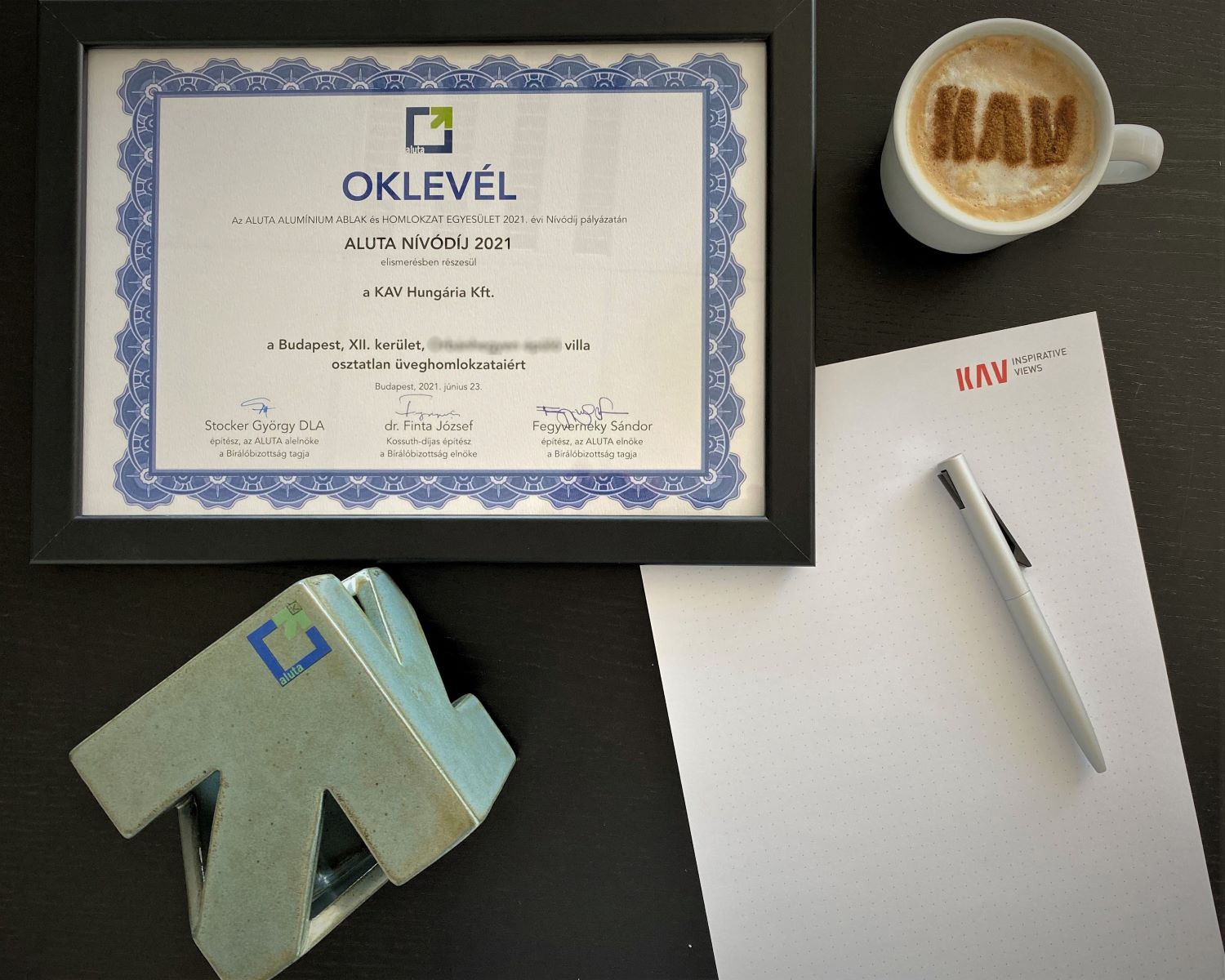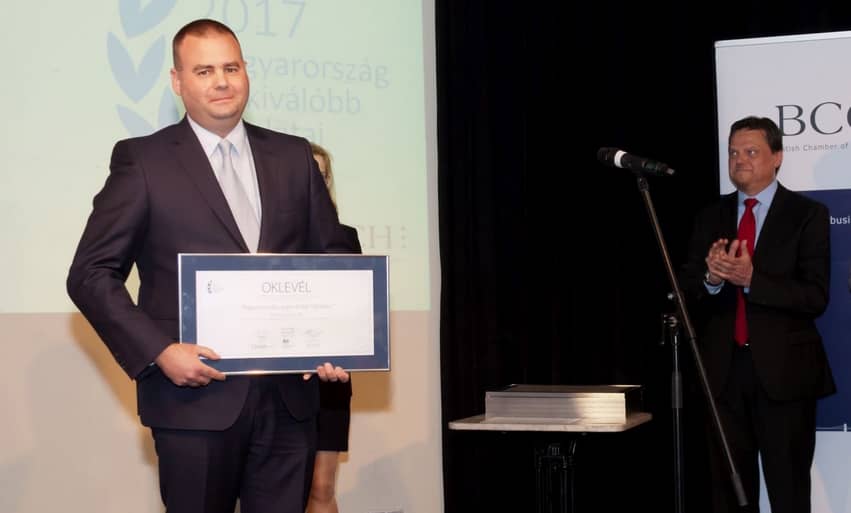KAV, as a small enterprise, sets a brilliant example

Already more and more managers in Hungary recognise that an excellent company can only be built based on its employees. Investors in People Hungary aims to support companies with outstandingly good practices in organisational development and to set them up as example for the other actors in the economy. One of its elements is the Investors in People accreditation, which is the trademark of organisations committed to being the best employers and the best performing and sustainable businesses. The other is the Hungary’s Most Excellent Companies Award, established jointly with the British Chamber of Commerce in Hungary. Since May, KAV Hungária is also member of this special community, in that our company was awarded a prize in two categories of the Hungary’s Most Excellent Companies Award. In this context, we had a chat with Gábor Csóti, the head of Investors in People, in charge of the domestic launch of the organisational development and accreditation system and the initiator of the Hungary’s Most Excellent Companies Award Programme.
Why did you decide to establish a British framework scheme, the Investors in People Standard, in Hungary?
Brits know a lot about business and organising the economy, and know the precise criteria that make an organisation truly excellent. We have been working on being able to establish these thoughts in Hungary. We like this standard, since it conveys very useful and accurate messages to economic actors. Investors in People was launched as a government initiative. It shows that, in the UK, the government also considers what kind of tools are provided to the economic actors and which best practices are shared with them to be important. This system provides feedback and recommends good solutions to companies in nine areas of the organisation: management practices, operating alongside organisational values, a culture of empowerment and inclusion, performance management, a culture of recognition, organisational cooperation, developing organisational and individual skills, innovation and continuous perfectioning and future-oriented operation. To receive the qualification and the accreditation, an applicant must be good in all nine areas, and the accreditation can be used later as a brand and authentication towards the outside world.
How is the Hungary’s Most Excellent Companies Award Programme linked to this?
This programme is the doorway to Investors in People; this is the gate leading to the club of excellence. If anybody is capable of presenting practices that are considered excellent at international level in any of the nine measurement areas then a prize will be granted in that category. It is very exciting that nine prizes were distributed amongst seven companies: there were two companies recognised in two categories. One of them was Abesse Informatikai Zrt, and the other KAV Hungária, which is outstanding since they are small enterprises. And it is a huge achievement to show a small entrepreneur as such a brilliant and good example.
In your opinion, how can a company today become a good company, also attractive for employees in Hungary?
In Hungary you can become a good company if you decide that you want to be one. I think this is the most important thing. You might be a small entrepreneur, you are screwed from here and there, circumstances are not easy and the environment is not necessarily entrepreneur-friendly but, despite this, you may decide that you want to create a good company. And the goodness of a company largely depends on the top manager, his intentions and how he is capable of transferring them to the other parts of the organisation. How he can create a culture that penetrates the entire company, where the first and most important asset is the human one, i.e. the employees and the values they create. This is not easy to do in everyday life, since the pressure and the games for survival may channel the companies into rather unique paths. If you play for survival, you will not necessarily understand why you have to invest in people, since this investment brings a return just slowly. This requires an investor attitude, which is very scarce in Hungary. It happens very rarely that somebody wants to invest expressly in people. And don’t think about doubling the salaries but of everyday gestures that make the employee feel like an adult human: he can make decisions, he is treated as a partner and he contributes to the company’s development with his innovative ideas. The manager is not omnipotent; he has to know that it creates value if he is surrounded by good colleagues who are eager to contribute to the company’s development. And in such a case it will be a win-win game.
Is this kind of attitude still so rare in Hungary?
Unfortunately yes: even these days it is rather rare in the Hungarian management culture that a manager communicates with his co-workers in the manner that can be expected amongst responsible adults. But if we reflect further, the manner of providing feedback and the appraisal of the co-workers’ performance is also a kind of investment. This requires performance targets: points of reference, compared to which we can appraise each other. And the “each other” is strongly emphasised: appraisal should not only take place in one direction, i.e. not only should managers appraise their co-workers but bottom-up feedback should also be given. I believe this is an important component in responsible, decent operation. And I think KAV Hungária is one of the best examples for this.
Was this the reason behind your decision to award this recognition to KAV in two categories?
Yes, that was why the company received the prize in the Culture of Recognition category. In the Innovation and Ongoing Perfectioning category, it counted for a great deal that KAV is a very innovative company on the technology side but, on its own, that would not have been enough. These days, if one wants to gain and be capable of maintaining a competitive advantage, one has to be innovative in three aspects, and these must be present at the same time in one’s life. One of them is product innovation, i.e. what you offer to the market; it must be somewhat better than your competitors’. In this. KAV is not only brilliant but a well-recognised and acknowledged company at European level in its own segment. But, in addition, one must be good at business innovation. That is to say, it also counts how you convey to customers what you offer, according to which business model and operational norms. You can be very innovative but. if nobody knows about it, it has hardly any value. The third factor, which you cannot emphasise enough, is organisational innovation, namely how the manager treats employees, and how he builds an organisation around shared values and that pursues shared goals that are understood by everybody. What is more, everybody knows exactly what their task is within the organisation and what is his personal contribution to the company’s success. Today, in the twenty-first century, these three things, i.e. technology or product innovation, business innovation and organisational innovation must be in parallel. And it is rare that somebody is as good in this triangle as KAV. The company’s management absolutely feels that they have to be good in all these at the same time. Today in Hungary one or two is missing from the three, and not rare that even all three. We can see many companies that are suffering. And the precise reason for this is that managers do not necessarily understand that these three factors must be addressed at the same time and continuously, and they have to be focused on in every moment. To change this we have launched a community under the name GAMECHANGERS; its members are companies that adopt the Investors in People principles, including KAV. These companies know how to achieve excellent business profits with a good organisation. GAMECHANGERS aims to exchange good practices and to educate other Hungarian economic actors.
MoreNews
